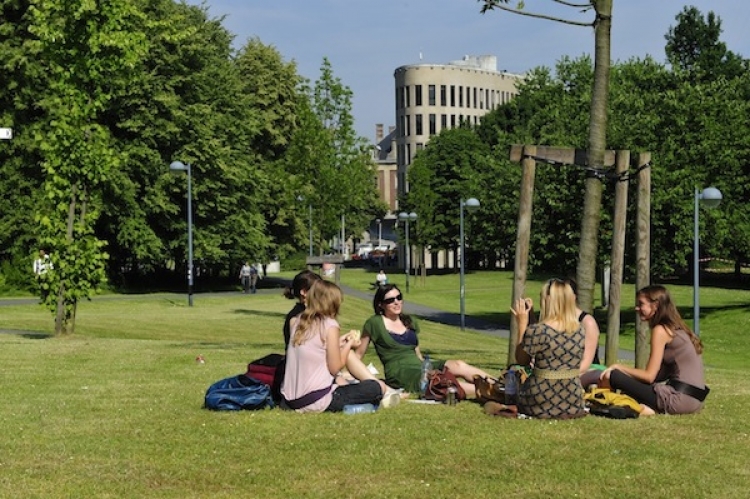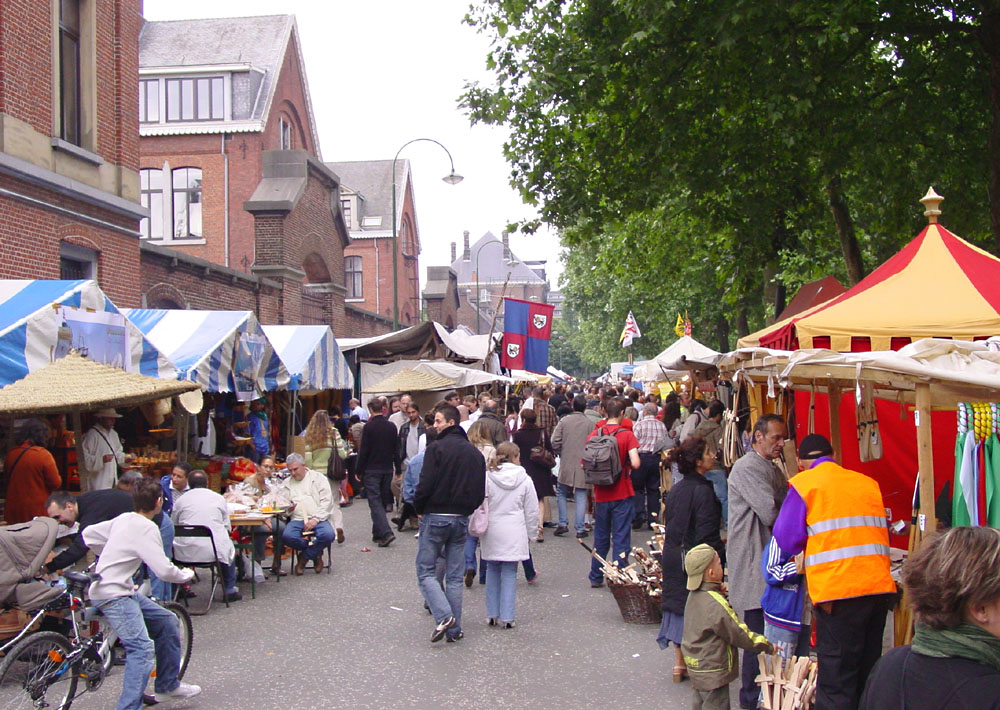The Vrije Universiteit Brussel is a Dutch-speaking university located in Brussels, Belgium. It has three campuses: Brussels Humanities, Science and Engineering Campus (in Etterbeek), Brussels Health Campus (in Jette) and Brussels Technology Campus.
The university's name is sometimes abbreviated by "VUB" or translated to "Free University of Brussels". However, it is an official policy of the university not to use abbreviations or translations of its name, because of possible confusion with another university that has the same translated name: the French-speaking Université Libre de Bruxelles.
In fact, the Vrije Universiteit Brussel was formed by the splitting in 1970 of the same Université Libre de Bruxelles, which was founded in 1834 by the Flemish-Brussels lawyer Pierre-Théodore Verhaegen. He wanted to establish a university independent from state and church, where academic freedom would be prevalent.[ This is today still reflected in the university's motto Scientia vincere tenebras, or Conquering darkness by science, and in its more recent slogan Redelijk eigenzinnig (Dutch), or Reasonably opinionated. Accordingly, the university is pluralistic — it is open to all students on the basis of equality regardless of their ideological, political, cultural or social background – and it is managed using democratic structures, which means that all members – from students to faculty – participate in the decision-making processes.
The university is organised into 8 faculties that accomplish the three central missions of the university: education, research, and service to the community. The faculties cover a broad range of fields of knowledge including the natural sciences, classics, life sciences, social sciences, humanities, and engineering. The university provides bachelor, master, and doctoral education to about 8,000 undergraduate and 1,000 graduate students. It is also a strongly research-oriented institute, which has led to its top-189th position among universities worldwide.[10] Its research articles are on average more cited than articles by any other Flemish university.



